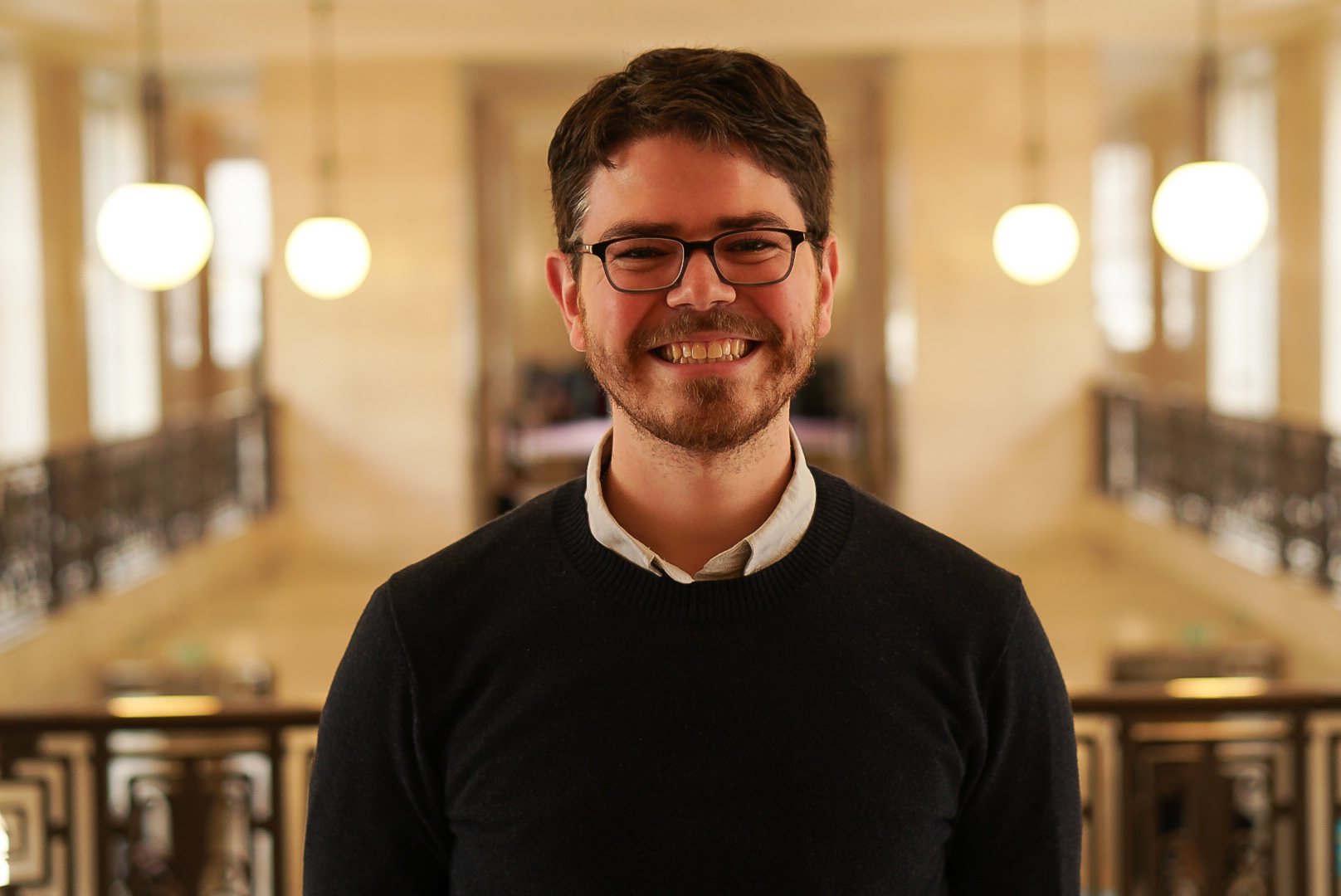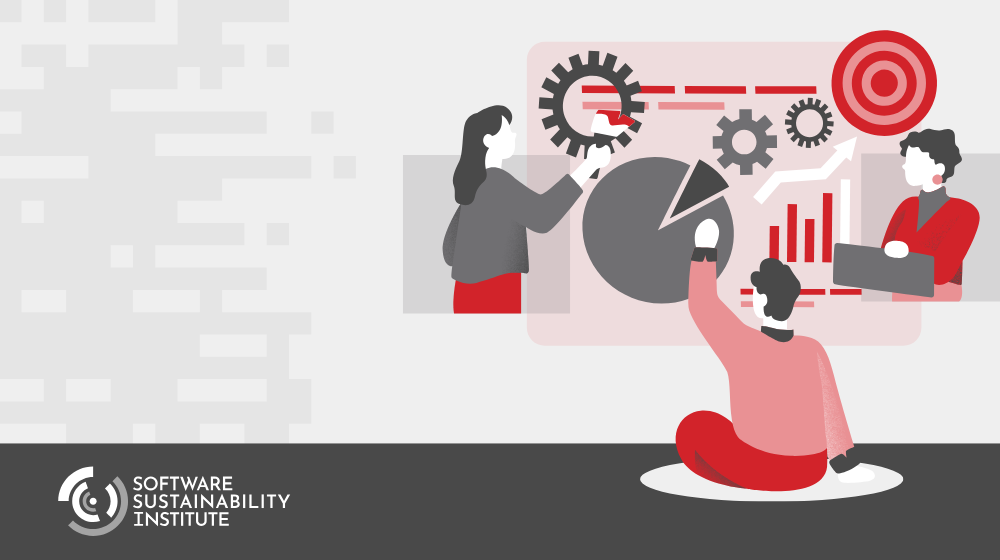It’s been almost ten years since the Software Sustainability Institute launched the first survey of research software engineers (RSEs) in the United Kingdom. In the decade since, the survey has expanded internationally and, since 2018, has been available to people working on research software in any country.
The next iteration of the survey will launch in January 2026 and aims to capture the ongoing growth of the RSE community around the world. You do not need to be called an RSE to take part in the survey. We want to hear from you if you develop software for research as part of your work, regardless of what your title is.
It will ask questions about topics like demographics, employment, coding practice, collaboration, and job satisfaction. The responses will contribute to an ongoing dataset, including data from the 2018 and 2022 surveys, that show how the community is changing over time.
The last survey captured responses from nearly 1000 people from over 40 countries. Our hope this year is to increase the reach of the 2026 survey, ensuring the data is as representative as possible.
The survey is an important tool for advocating for the RSE community with national associations, funders, and other policy makers. Simon Hettrick, Director of Strategy for the Software Sustainability Institute, has used the data from the survey numerous times over the last decade. ‘It’s such a rich data set that we can use to advance the research software engineering movement. It allows us to make the case that the RSE community is large, diverse and making an impact - and then to back that up with the data.’
It’s also a useful tool for building momentum within newer national or regional communities. For example, the survey played an important role in the development of the international RSE community, including in the founding of US-RSE.
Anelda van der Walt, eResearch Analyst at the University of Cape Town and co-lead of the African RSE community, RSSE Africa, hopes to use the 2026 survey in a similar fashion. ‘At present, we know very little about the RSE community in South Africa. What is clear, however, is that there are many valuable research software projects and highly skilled researchers driving their development. Through this year’s survey, we aim to gain deeper insight into the experiences and practices of local RSEs.’
This upcoming survey is being led by Simon Hettrick and Heather Packer, with support from Wioleta Kijewska and Michael Donnay.
It is guided by an international steering committee, who contribute to question design and provide valuable insight on the issues and context important to their local RSE communities. The committee includes Sam Ahern (Society of Research Software Engineering (UK)), Jyoti Bhogal (RSE Asia Association), Alex Botzki (BE-RSE), Jeff Carver (US-RSE), Ian Cosden (US-RSE), Florencia D'Andrea (Independent Research Software Engineer), Kim Hartley (Research Software Alliance), Saranjeet Kaur Bhogal (RSE Asia Association), Thomas Pronk (NL-RSE), Riva Quiroga (RSE Chile), Uwe Schmitt (Swiss RSE), Anelda van der Walt (UCT eResearch Centre/Talarify/RSSE Africa), Samantha Wittke (Nordic RSE) and Claire Wyatt (Forschungszentrum Jülich on behalf deRSE). Many of the committee members, in turn, receive support from the national RSE communities they represent.
If you’d like to discuss the survey further or have any questions, please reach out to Michael Donnay.


